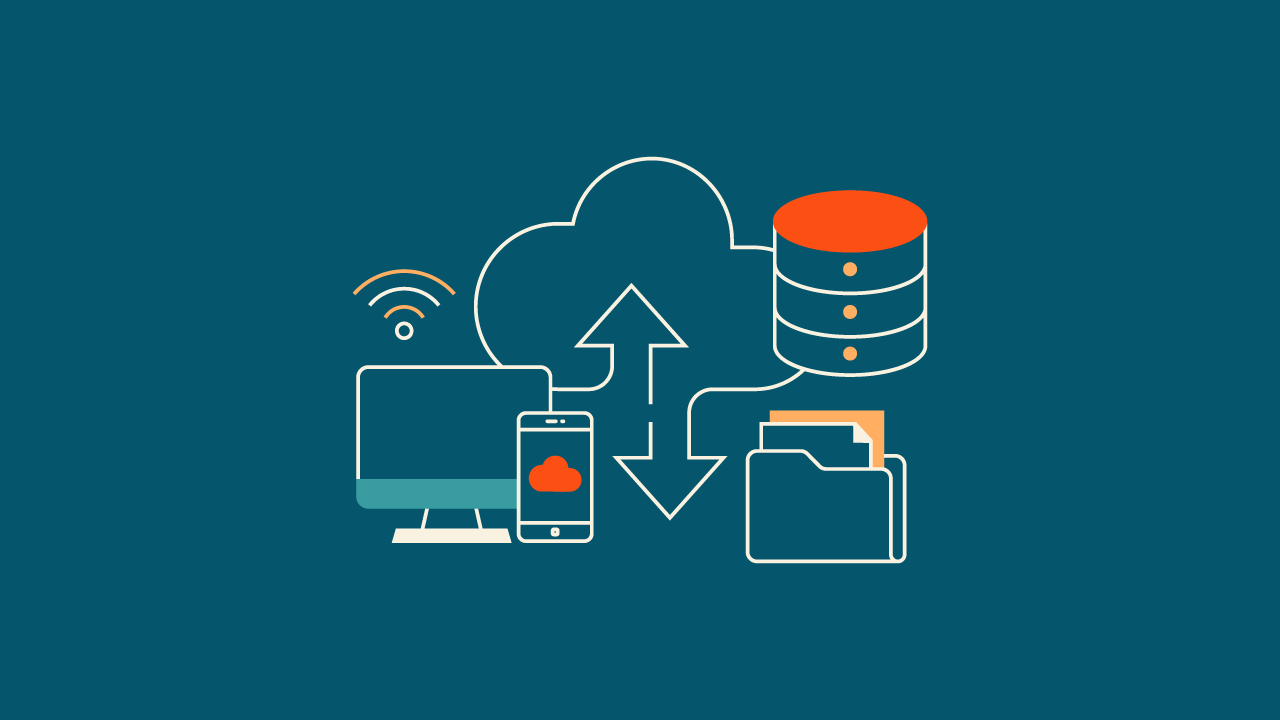Simplified Windows 10 Cloud Backup Explained
Simplified Windows 10 Cloud Backup Explained
Blog Article
Cross-platform Data Protector Online Backup Guide

- Backup Appliance Introduction:
A backup appliance is a specific piece of equipment that provides businesses with an all-inclusive backup solution. To streamline the backup procedure and guarantee data security, it combines hardware and software components.
- The advantages of Backup Appliances:
Faster backups, easier management, scalability, and dependable disaster recovery options are just a few of the benefits offered by backup appliances. They are the best option for businesses of all sizes because of these advantages.
Fast Enterprise offsite Backup Scalability Insights
- Important Features to take into account:
It's crucial to consider features like deduplication, encryption, compression, scalability, and integration with current infrastructure when comparing backup appliances. You can select the ideal appliance for your business by taking into account these features.
- assessing the storage capacity
In backup appliances, storage space is crucial. When determining storage requirements, take current data size, growth rate, and retention policies into account. Make sure the appliance can handle the long-term data storage requirements of your company.
- Backup techniques that are supported:
Different backup appliances support a variety of backup strategies, including differential, incremental, and full backups. When choosing an appliance, it's important to comprehend these techniques and how they affect storage usage and recovery times.
Sophisticated What Is Data Backup Software Case Studies
- Integration with current infrastructure
It's essential to integrate seamlessly into your current It environment. To ensure compatibility, look for backup equipment that supports widely used databases, operating systems, virtualization tools, and cloud services.
- Recovery Point and Recovery Time Objectives (rto ):
The maximum amount of data that can be lost during a disaster is specified by Rto and Rpo. Choose a backup appliance that complies with your organization's requirements after evaluating your needs.
- Software for backup compatibility:
While some backup appliances offer integration with third-party backup solutions, others come pre-installed with their own backup software. To ensure efficient operations, check the appliance's compatibility with your preferred backup software.
State-of-the-art Mac offsite Backup Market Analysis

- Options for scalability:
Your data volume increases along with the size of your organization. To meet changing needs, select a backup appliance with scalability features like increasing performance or adding more storage space.
- Security Security Look At This Measures
In the digital world of today, data security is essential. To protect your data from unauthorized access, look for backup appliances with encryption, secure access controls, and built-in malware protection.
- Capabilities for monitoring and reporting
Tracking backup status, spotting problems, and ensuring successful backups require effective monitoring and reporting. To make managing tasks easier, assess the monitoring and reporting capabilities of various appliances.
Versatile Server offsite Backup Customization Options
- Support and upkeep for technical issues:
Take into account the backup appliance provider's technical support and maintenance services. You can overcome obstacles and keep your backup infrastructure current with prompt assistance and frequent updates.
- Analyzing Costs:
Analyze the backup appliance's total cost of ownership (tco ), which includes any potential scalability costs as well as initial costs, licensing fees, ongoing maintenance, and maintenance costs. To make an informed choice, weigh the advantages and disadvantages.
Messages to Remember:
Businesses can get a complete backup solution from backup appliances.
When assessing backup appliances, take into account features like deduplication, encryption, and scalability.
Before choosing an appliance, be aware of the Rto and Rpo requirements for your company.
- Make sure the her response backup software you prefer and the infrastructure you currently have are compatible.
- Check for trustworthy technical support, monitoring capabilities, and security measures. offsite Backup Server.
To make an informed choice, evaluate the backup appliance's Tco.
Accessible Why Cloud Backup Compliance Checklist
Having a dependable backup appliance is essential for businesses because data protection is becoming more important. You can choose the backup appliance that will best meet your organization's needs by weighing its features, scalability options, security measures, and compatibility. So, choose wisely and protect your priceless information.
Report this page